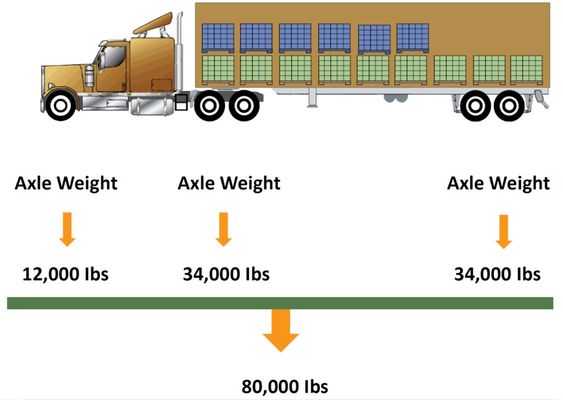When it comes to running a successful logistic operation, choosing the right dry van trailer is crucial. This seemingly simple decision can have a profound impact on the efficiency, safety, and profitability of your business. Whether you are a logistics professional, fleet manager, or an independent truck driver, selecting the perfect trailer for your needs requires careful consideration. We’ve compiled a list of the top 10 factors to consider when making your choice.
1. Know Your Cargo: Size it up!
Understanding the dimensions and requirements of your cargo is the first step. Make sure to determine the length, height, weight, and any special handling needs such as temperature control or accommodations for hazardous materials.
2. Route and Frequency Considerations
Factor in the type of routes your trailers will predominantly be running. Are they local, urban runs or long cross-country hauls? Also, consider the frequency of trips and whether you will face heavy loads on rough terrain, which can affect both trailer wear and fuel consumption.
3. Door Options for Efficiency
Loading and unloading efficiency is paramount, so door type matters. While rear roll-up doors are standard, you might require side doors or swing-out double doors depending on your freight and dock configurations.
4. Flooring Material Options
The floor of your trailer has to withstand the test of time and load. Laminated hardwood is common, but aluminum flooring may be the better option for certain heavy-duty applications due to its weight savings and durability.
5. Roof Options for Natural Light
Consider translucent roof panels if inside visibility is key for your loading and unloading operations. They allow natural light, which can be a significant advantage for forklift operators and other personnel working within the trailer.
6. Suspension Options for Handling
Suspension is critical for both the longevity of your trailer and the protection of your cargo. Standard spring suspension might suffice for general use, but air ride systems might be necessary for fragile loads and smoother handling.
7. Trailer Age and Condition
New trailers offer the latest features, warranty protection, and potential for longer use, but used trailers can be cost-effective solutions if they are well-maintained and in good condition.
8. Budget and Value Considerations
Consider long-term expenses such as maintenance, repairs, and operational efficiency when determining your budget. An initially cheaper trailer may ultimately cost more in the long run if it requires frequent repairs or is less fuel-efficient.
9. Regulations and Compliance
It is essential that your trailer adheres to industry standards as well as specific regulations related to the types of goods you are hauling, especially if you transport specialized cargo.
10. Consider Customization
Many manufacturers offer customizable options to fit specific needs. From added interior features and temperature control systems to specialized tie-down points, these can greatly improve the efficiency and safety of your operations.
Conclusion
Selecting the right dry van trailer is a strategic decision that should not be made in haste. By considering the points outlined above, you can ensure that you make an informed choice that enhances the overall productivity and safety of your operations.
Need further guidance or information on getting the ideal dry van trailer for your business? Contact us for personalized advice and solutions tailored to your unique transportation challenges.

